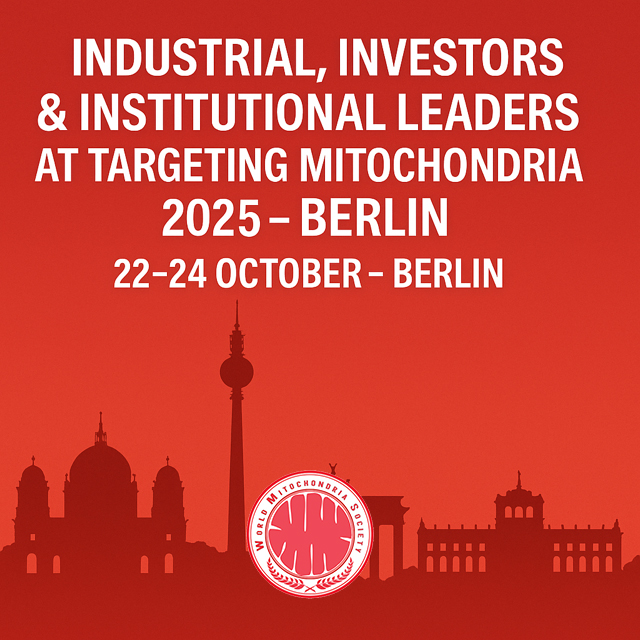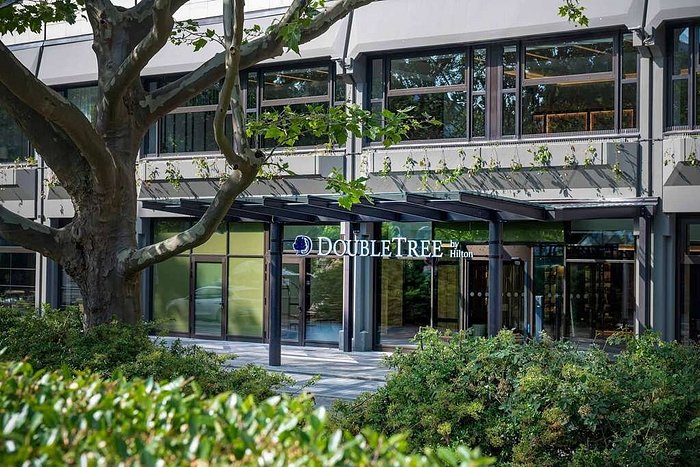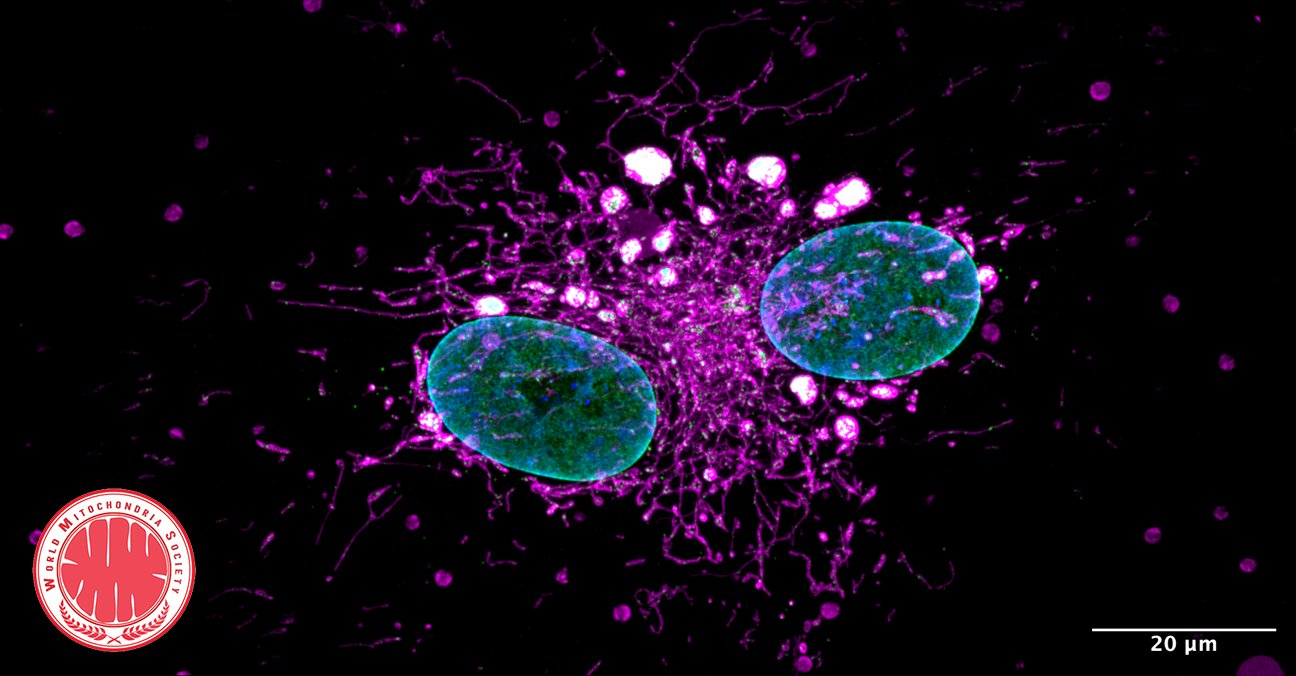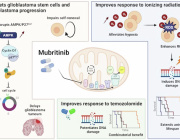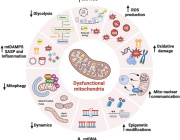Subunit of mitochondria and hypertension control via miRNA: Presentation of the recent studies by Dao Wen Wang
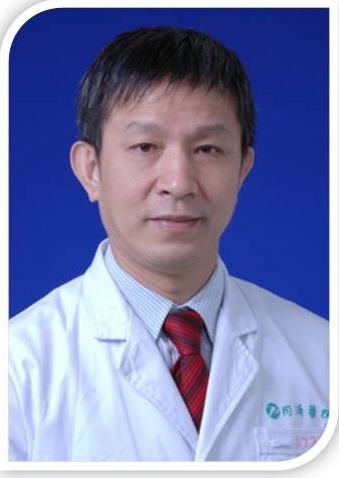
The scientific committee of the World Mitochondria Society, chaired by Marvin Edeas and Volkmar Weissig, is honoured to welcome Dr Dao Wen Wang from Huazhong University of Science and Technology, China for the 7th World Congress on Targeting Mitochondria to be held in Berlin on October 24-26, 2016.
Dr Dao Wen Wang will talk about his research of "Subunit of mitochondria and hypertension control via miRNA" and will answer the following questions:
1. It has been widely accepted that miRNAs negatively regulate gene expression in the cytoplasm: why miRNAs positively regulate gene expression in the mitochondria?
2. You suggest that miR-21 lowers blood pressure by regulating mitochondrial gene expression and ROS production. However, a single miRNA has many different targets. It could be the miR-21 which resides in the cytoplasm doing the job instead.
3. MiR-21 has been extensively studied in cardiovascular diseases, silencing of miR-21 has been found to reduce cardiac fibrosis by previous studies, however, in your work, overexpression of miR-21reduces cardiac fibrosis, why?
If you are interested to know more about this study, you can register to the congress on www.targeting-mitochondria.com
Marvin Edeas / Volkmar Weissig / Chairmen of WMS
What is the role of miR-181 family in the heart?
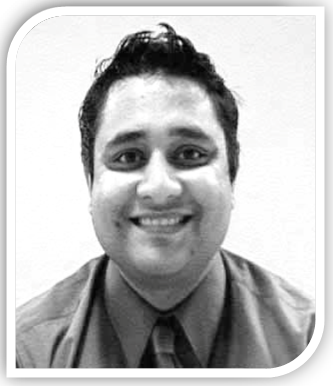 Dr Samarjit Das is a researcher at the Department of Pathology, Johns Hopkins University, Baltimore, USA.
Dr Samarjit Das is a researcher at the Department of Pathology, Johns Hopkins University, Baltimore, USA.
According Marvin Edeas and Volkmar Weissig, Dr Das was invited to Targeting Mitochondria 2016 to talk about the precise experimental basis of the novel concept that mitochondrial microRNA (MitomiR) can regulate mitochondrial reactive oxygen species (ROS) production in the heart, and thereby influence myocardial disease development and progression.
Importantly, Dr Das will try to demonstrate the mechanist inside by which one microRNA can derived from the nuclear genome, matured in the cytoplasm, and then translocates to the mitochondria, and more importantly, regulates mitochondrial gene expression to affect mitochondrial function.
Finally, Dr Das will also show one example, where some of the family members of one microRNA can translocate into the mitochondria, and functionally active inside the mitochondria. However, other family members primarily targets nuclear gene in the cytoplasmic fraction.
If you would like to access to the program and registration: www.targeting-mitochondria.com
Marvin Edeas / Volkmar Weissig / Chairmen of WMS
What about skin photoprotection, UV-mediated damage and mitochondria?
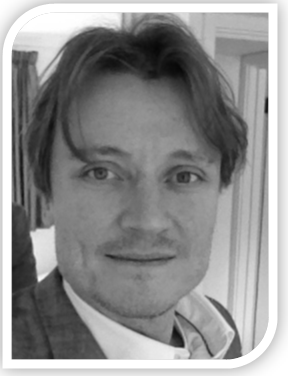 Volkmar Weissig and Marvin Edeas invited Dr Olivier Reelfs from the University of Bath, United Kingdom to give a presentation about a powerful mitochondria-targeted iron chelator affords high photoprotection against solar UVA radiation.
Volkmar Weissig and Marvin Edeas invited Dr Olivier Reelfs from the University of Bath, United Kingdom to give a presentation about a powerful mitochondria-targeted iron chelator affords high photoprotection against solar UVA radiation.
During his presentation, Dr Reelfs will answer the following questions:
- What is the impact of mitochondrial iron in solar UV-mediated damage?
- What is the impact of mitochondria-targeted iron chelator for skin photoprotection?
- What does our mitochondria-targeted iron sensors say about mitochondrial iron overload disease?
If you are interested to know more about skin photoprotection, Uv-mediated damage and mitochondria, don't hesitate to register for Targeting Mitochondria World Congress on www.targeting-mitochondria.com
Marvin Edeas / Volkmar Weissig / Chairmen of WMS
Stem Cells and Mitochondria: Probing MT-ATP6 mutations using iPSC-derived neural cells
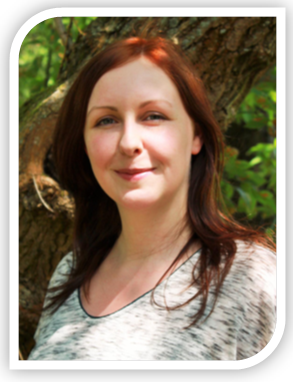 Carmen Lorenz is researcher at Max Delbrueck Center for Molecular Medicine (MDC) in Berlin, Germany.
Carmen Lorenz is researcher at Max Delbrueck Center for Molecular Medicine (MDC) in Berlin, Germany.
During Targeting Mitochondria World Congress, she will present her recent studies about "Probing MT-ATP6 mutations using iPSC-derived neural cells".
Volkmar Weissig and Marvin Edeas asked to Carmen Lorenz to highlight the following strategic points:
- Are iPSC-derrived neural cells a good model system for mitochondrial diseases?
- Can we find treatments for mitochondrial diseases?
- Can we detect a disease phenotype of mitochondrial neurological disorders in a dish?
Marvin Edeas stated: "Targeting Mitochondria and stem cells is one of the hot topics that we will largely discuss during Targeting Mitochondria 2016".
Marvin Edeas / Volkmar Weissig / Chairmen of WMS
www.targeting-mitochondria.com
Monitoring mitochondrial oxygenation and oxygen consumption: first clinical experiences

One of the session of Targeting Mitochondria 2016 is dedicated to "How to evaluate mitochondrial function/dysfunction?". This session will be organized during the second day of the congress.
Pr Egbert Mik from Erasmus MC, Netherlands will be one of the major speaker of this strategic session. He will present the first clinical experiences related to monitoring mitochondrial oxygenation and oxygen consumption.
Marvin Edeas & Volkmar Weissig asks to Egbert Mik to highlight the following key points:
- How to measure mitochondrial oxygenation and oxygen consumption in vivo?
- Is monitoring at the sub-cellular level feasible in clinic?
- How will mitochondrial measurements affect patient care?
If you are interested to know more about this technic, don't hesitate to register on www.targeting-mitochondria.com
Marvin Edeas / Volkmar Weissig / Chairmen of WMS
What is the role of mitochondrial ROS in neutrophil-mediated inflammation and autoimmunity?
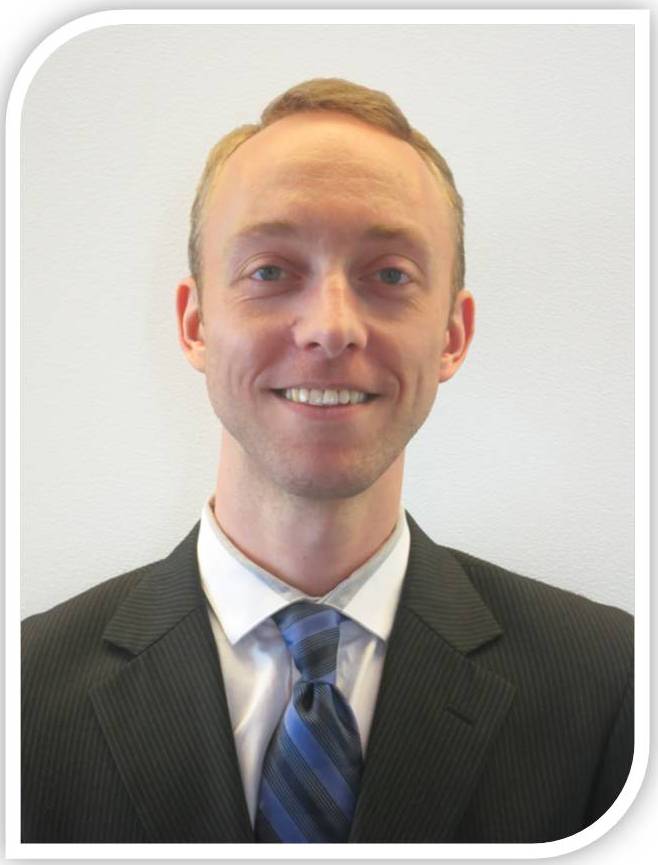
Dr Christian Lood from the University of Washington, USA was invited by the scientific committee of Targeting Mitochondria Congress to present his recent data related to the role of mitochondrial ROS in neutrophil-mediated inflammation and autoimmunity.
Marvin Edeas and Volkmar Weissig, chairmen of the conference, stated: "Dr Lood will present some of the recent data on the role of mitochondria in neutrophil-mediated inflammation and autoimmunity. In particular, he will highlight the following points:
- role of mitochondrial ROS in induction of neutrophil programmed necrosis, neutrophil extracellular trap (NET) formation, and its implications in autoimmunity such as vasculitis and systemic lupus erythematosus (SLE)
- how released mitochondrial DNA may confer inflammation through the recently described DNA-sensing cGAS-STING pathway
- description of some potential approaches to limit mitochondrial-mediated damage in SLE"
If you are interested to know more about mitochondria, inflammation and autoimmunity, don't hesitate to register to Targeting Mitochondria 2016: www.targeting-mitochondria.com
Marvin Edeas / Volkmar Weissig / Chairmen of WMS
Mitochondrial protein import defect in Huntington’s disease will be highlighted by Robert Friedlander
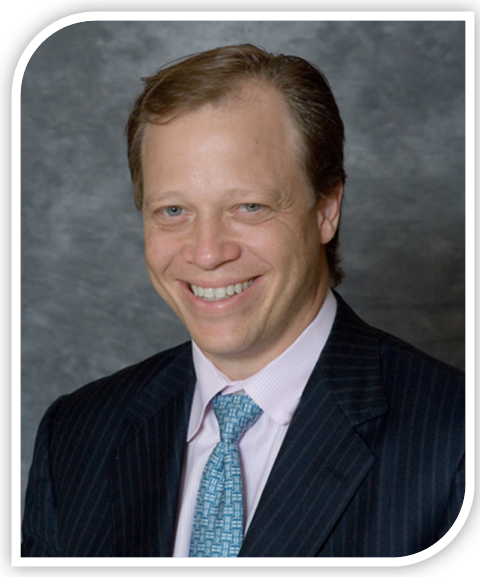 Dr. Robert Friedlander, chairman Department of Neurological Surgery from UPMC Presbyterian Hospital, Pittsburgh, USA was invited by Marvin Edeas and Volkmar Weissig to talk about:
Dr. Robert Friedlander, chairman Department of Neurological Surgery from UPMC Presbyterian Hospital, Pittsburgh, USA was invited by Marvin Edeas and Volkmar Weissig to talk about:
- Role of mitochondrial protein import in Huntington's disease
- Site specific mitochondrial vulnerability.
- Interaction of mutant huntington with TIM23
For more information: www.targeting-mitochondria.com
Marvin Edeas / Volkmar Weissig / Chairmen of WMS
Pr Vladimir Skulachev talked about prolongation of youth by delay of ontogenesis (neoteny) or by a mitochondria-targeted antioxidant
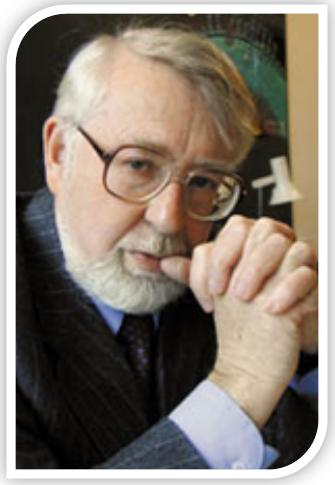 Pr Vladimir Skulachev from the University of Moscow, Russia was invited by the scientific committee of the 7th World Congress on Targeting Mitochondria to present his recent resultats of the clinical trial done with SkQ1.
Pr Vladimir Skulachev from the University of Moscow, Russia was invited by the scientific committee of the 7th World Congress on Targeting Mitochondria to present his recent resultats of the clinical trial done with SkQ1.








